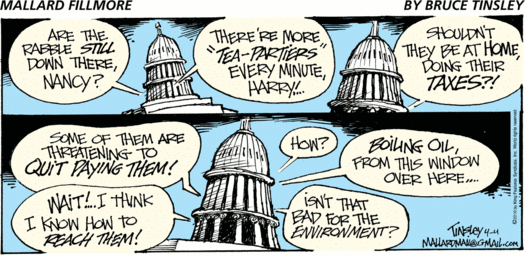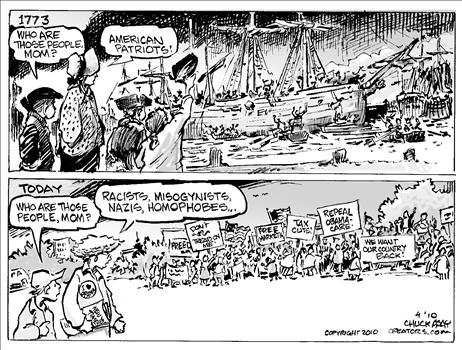I’ve always found it somewhat comical that the Democratic party refers to itself as the party of the people. Historically, it has been the Democrats who have pushed the idea that the government, not individuals, knows best.
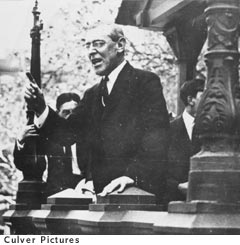 It started with Woodrow Wilson. He was devoted to the idea that the Constitution was a “living” document that politicians and judges could alter at will. During WWI, Wilson took almost complete control of the American economy, even to the point of nationalizing the railroads. He had little patience with anyone who disagreed with him, surrounding himself with “yes men” who would always do what he said.
It started with Woodrow Wilson. He was devoted to the idea that the Constitution was a “living” document that politicians and judges could alter at will. During WWI, Wilson took almost complete control of the American economy, even to the point of nationalizing the railroads. He had little patience with anyone who disagreed with him, surrounding himself with “yes men” who would always do what he said.
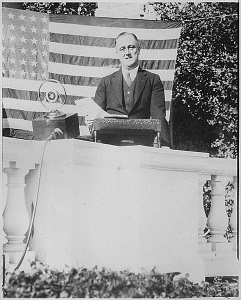 FDR, in the 1930s, had the golden opportunity to put progressive policies into action during the Great Depression. On the surface, they were carried out for the “common man,” but in reality, they stifled economic recovery, thereby hurting everyone, including all the “little people.”
FDR, in the 1930s, had the golden opportunity to put progressive policies into action during the Great Depression. On the surface, they were carried out for the “common man,” but in reality, they stifled economic recovery, thereby hurting everyone, including all the “little people.”
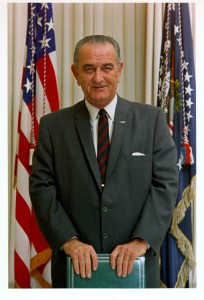 LBJ, after the assassination of JFK, had a Congress that would do almost anything he asked. Again, in the name of the people, he embarked upon what he termed the “Great Society.” Its greatest accomplishment was the creation of a permanent dependent class. Of course, for some, that is the goal: if people depend on the government for their subsistence, they will continue to vote the party in power that promises to keep the goodies flowing.
LBJ, after the assassination of JFK, had a Congress that would do almost anything he asked. Again, in the name of the people, he embarked upon what he termed the “Great Society.” Its greatest accomplishment was the creation of a permanent dependent class. Of course, for some, that is the goal: if people depend on the government for their subsistence, they will continue to vote the party in power that promises to keep the goodies flowing.
FDR and JFK were independently wealthy. They never worked a day in their lives. Wilson was part of the intellectual elite, having served as president of Princeton. LBJ practically ran the state of Texas. All politics was subservient to him. These are hardly men who are part of any proletarian revolution. They were the privileged.
Nothing has changed. Democratic senators like Jay Rockefeller and Herb Kohl are the wealthiest of the wealthy. The media always connects the Republicans with Wall Street, but in fact, Wall Streeters donate more to the Democrats than Republicans.
Party of the people?
The Tea Party movement gains strength, and the so-called party of the people doesn’t know what to do with the people. As they sit in their seats of power, looking down on the rabble, what do they think?
In the space of a little more than 200 years, perceptions have changed tremendously.
If they are the party of the people, someone should ask just which people they mean.


